June 7, 2025 | 18:11 GMT +7
June 7, 2025 | 18:11 GMT +7
Hotline: 0913.378.918
June 7, 2025 | 18:11 GMT +7
Hotline: 0913.378.918

Mr. Nguyen Van Bach, Director of Amavet Veterinary Medicine Business Joint Stock Company. Photo: Phuong Thao.
As the enterprise with the top market share of foot-and-mouth disease type O vaccine in Vietnam, can you share the current status of the FMD vaccine supply?
Foot-and-mouth disease (FMD) is classified as an A-type dangerous disease by the World Organization for Animal Health (WOAH). In the world, there are currently many companies producing FMD vaccines.
In Vietnam, the Government, Ministry of Agriculture and Rural Development, and Department of Animal Health have created favorable conditions for businesses to produce and import vaccines. Since 2017, Amavet has imported and distributed the Aftogen Oleo O1 Campos vaccine from Biogenesis Bago Argentina Company.
This product is evaluated to have top quality in terms of its FMD prevention ability in the world and is purchased for storage by the Canadian and US governments. This shows that this vaccine has a great reputation, as it is trusted and chosen by many advanced countries.
The Type O virus strain circulates quite numerously and diversely in Vietnam. Is choosing a vaccine with compatibility and high protection ability the most important condition to effectively prevent and control FMD, sir?
FMD, especially type O, now has many topotypes, such as O/SEA/Mya-98, O/Cathay, O/ME-SA/PanAsia, and O/India2001d,e. Therefore, to protect successfully, a vaccine with the ability to protect against all four above-mentioned topotypes is needed. Otherwise, there is still a risk of breaking out and spreading the disease.
The Aftogen Oleo O1 Campos vaccine, in addition to meeting the criteria of sterility and safety, is capable of protecting against all four pathogenic O-types. That is also one of the reasons why this vaccine currently has the No. 1 market share in Vietnam.
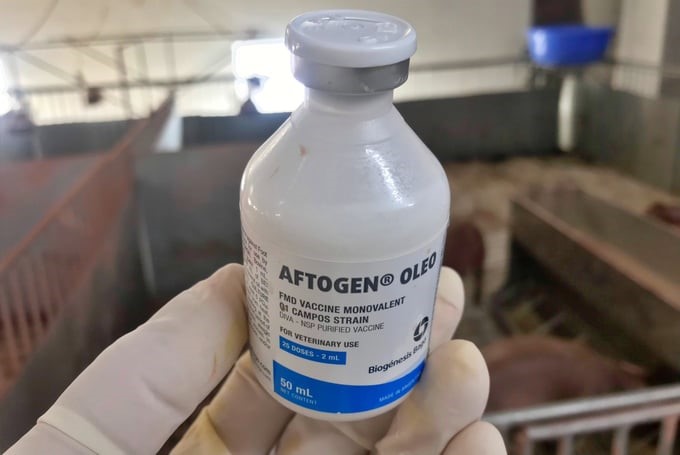
The Aftogen Oleo O1 Campos vaccine is capable of protecting against all four FMD virus topotypes currently circulating in Vietnam. Photo: Phuong Thao.
Reality shows that there are localities that control FMD very well, but there are also provinces and cities that have disease outbreaks almost every year. From Amavet's practical companionship with localities and enterprises, according to you, what are the key difficulties?
In my opinion, there are two main reasons why epidemics still occur in many localities.
First, the locality’s veterinary forces at district and commune levels are still thin, so vaccination implementation faces many difficulties. Second, vaccination awareness among farmers is not high. Among them, buffalo and cow farmers have almost no awareness of proactively having their livestock vaccinated, and pig farmers have only their pig herd vaccinated seasonally.
Therefore, to control this epidemic, the first thing is to get drastic direction from the functional agencies while promoting the work of vaccination implementation and raising awareness among farmers. Only when performing the above tasks synchronously can we hope to eradicate the FMD epidemic successfully.
Ha Giang is one of the provinces that has effectively controlled the FMD epidemic. Before 2017, every winter-spring season, the FMD epidemic occurred in the province. However, since Ha Giang deployed the Aftogen Oleo vaccine distributed by Amavet, the province has basically controlled this epidemic.
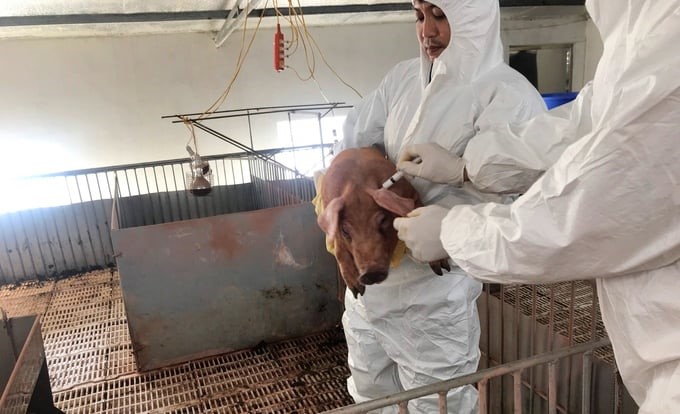
A vaccination rate of over 80% is an experience lesson in successfully controlling the FMD epidemic in Ha Giang province. Photo: Phuong Thao.
From the lessons of Ha Giang, two experiences can be drawn. Firstly, the Ha Giang Sub-Department of Animal Husbandry and Veterinary Medicine has closely directed from top to bottom in the villages on the issue of vaccination. This is an important point in disease control.
Secondly, the Aftogen Oleo vaccine selected by the Ha Giang Sub-Department of Animal Husbandry and Veterinary Medicine has the ability to protect against FMD topotypes very well. These two factors have helped Ha Giang control the epidemic well since 2017. Thus, the proactive role of the grassroots veterinary system is very important, especially in the selection of vaccines.
So, do you think that the selection of samples before and after FMD vaccination on livestock samples has been focused or not? Is there any need for additional mechanisms?
Determining the pathogenic type throughout the province is very difficult because today the livestock herd may have one topotype, but tomorrow it will be another. Therefore, to ensure certain disease control in a province, the most important thing is to choose a vaccine that can protect against all four circulating patogenic topotypes. That helps increase the vaccine's disease control safety to the highest level.
In addition, implementing vaccination quickly, at the right time, and with a vaccination rate of over 70% is also an important factor in controlling FMD. I recommend that provinces choose vaccines that have broad protection.
When deploying vaccines to localities or barns, Amavet always monitors, takes blood samples after vaccination, and evaluates the protection ability through diogenic reactions, especially the antibody neutralization reaction, to prove to users that the Amavet vaccine distributed is capable of protecting against all FMD topotypes.
Vietnam is a country with a developed livestock industry; however, exporting buffalo, beef, and pig meat still faces the inherent key challenge of not eradicating disease epidemics, especially FMD.
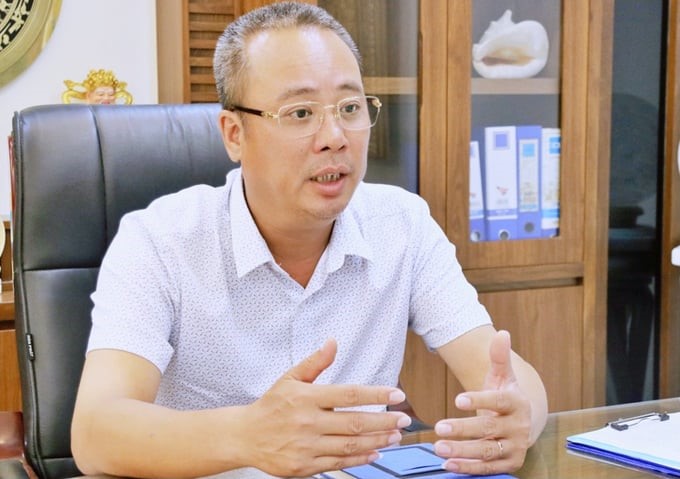
Director of Amavet Veterinary Medicine Business Joint Stock Company Nguyen Van Bach: Identifying the circulating virus type and choosing the appropriate vaccine play the most important role in eradicating FMD. Photo: Phuong Thao.
Experience from some countries that have eliminated this epidemic shows us many rich lessons. Typical is Taiwan, which has successfully eliminated FMD since 2018.
In 1997, the FMD epidemic began to appear in Taiwan. The first thing implemented is to check the vaccine’s validity, eliminate unsuitable vaccines, and select a vaccine capable of protecting against the disease-causing strain on the entire island.
At that time, Taiwan selected Biogenesis Bago Argentina Company with the Aftogen Oleo vaccine product to deploy vaccination nationwide. Taiwan has selected and maintained only this type of vaccine since 1997. As a result, by 2018, the Government announced that it had completely eliminated the FMD epidemic.
Currently, Taiwan exports pig, buffalo, and cow breeds to many countries around the world. Lessons from Taiwan show that once the FMD epidemic has been controlled, it will create many advantages for the livestock industry and greatly reduce costs for farmers.
Lessons learned from many countries that successfully eradicated FMD show that identifying the circulating virus type and choosing a vaccine play the most important roles and must be maintained regularly. Is it right, sir?
The FMD epidemic has very complicated developments, so veterinary agencies need to monitor closely to make timely recommendations to farmers, especially in choosing vaccines. A vaccine with a high antigen content for disease control should be chosen.
One of the prerequisite factors is that the Department of Animal Health regularly issues recommendations to farmers and strengthens inspection and evaluation of the effectiveness of vaccines that are currently circulating in Vietnam.
If possible, it is recommended that the Department of Animal Health provide clear, public, and transparent recommendations on the protection ability of each type of vaccine so that farmers can understand and choose the most effective vaccine.
"Currently, many farmers do not fully understand the types of vaccines. Farmers simply think of buying vaccines to vaccinate, but they do not know why the epidemic still occurs. Therefore, making public recommendations for each type of vaccine is very necessary. Even courage is required for the mutual interest to eliminate vaccines that no longer possess the protection ability, thereby reducing losses and risks for farmers," Mr. Nguyen Van Bach emphasized.
Thank you, sir!
Translated by Huyen Vu Thu
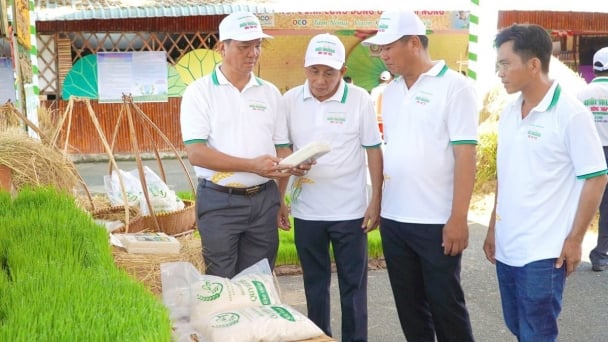
(VAN) Dong Thap has launched a meeting in response to the Action Month for the Environment under the theme 'Live Green - Join Hands for a Green Economy' at Tram Chim National Park.
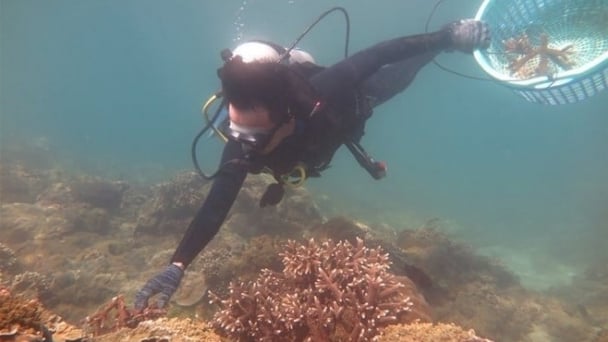
(VAN) The ocean has the capacity to absorb millions of tons of carbon, provided that mangrove forests, coral reefs, and biodiversity are protected.
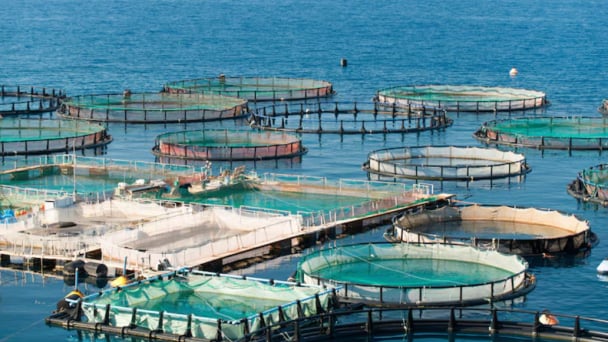
(VAN) Technology is redrawing the map of Vietnamese aquaculture: more modern, greener, and more sustainable.

(VAN) Novel process harnesses machine learning to reveal groups of genes that determine how efficiently plants use nitrogen.

(VAN) Several scientists and farmers are experimenting with soil treatment in some key durian-growing regions such as Cai Lay (Tien Giang), Dak Song, Gia Nghia, and Dak R’lap (Dak Nong).
/2025/05/25/4127-3-073637_820.jpg)
(VAN) Thanks to the promotion from an FAO-implemented project, vegetable production in greenhouses in Moc Chau has seen strong development, from 1.5 hectares in 2021 to nearly 50 hectares in 2024.

(VAN) FAO has recently supported USD 140,000 to implement the project 'Risk mitigation human-animal interface risks through disease control initiatives in pig farming.'